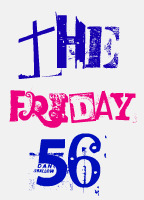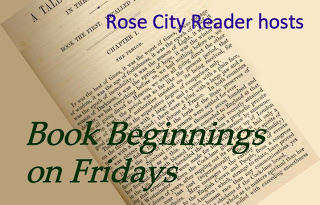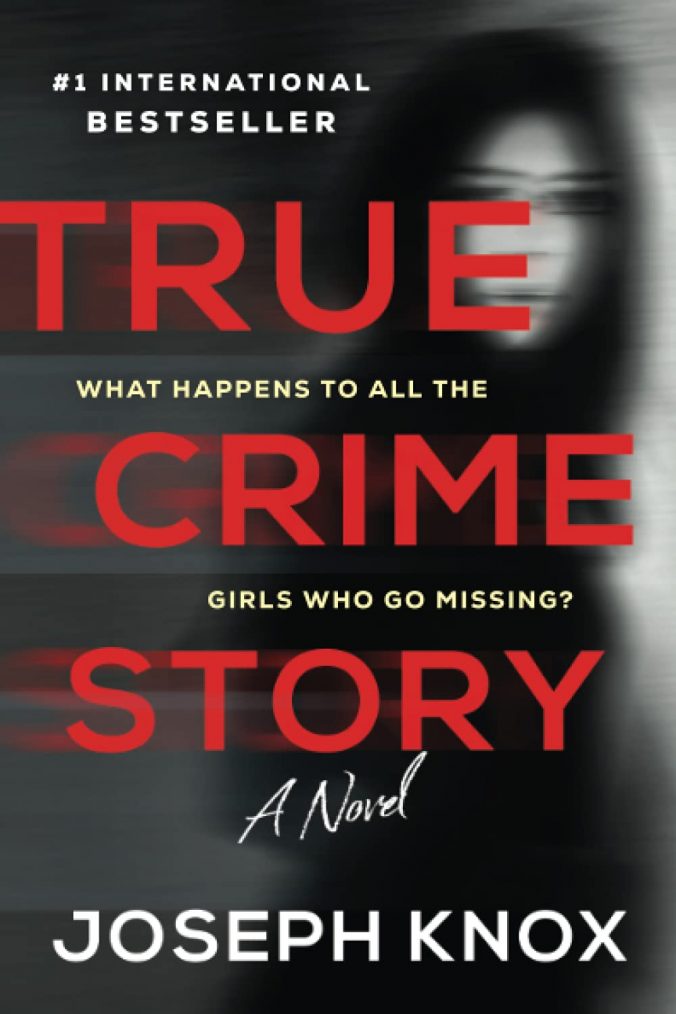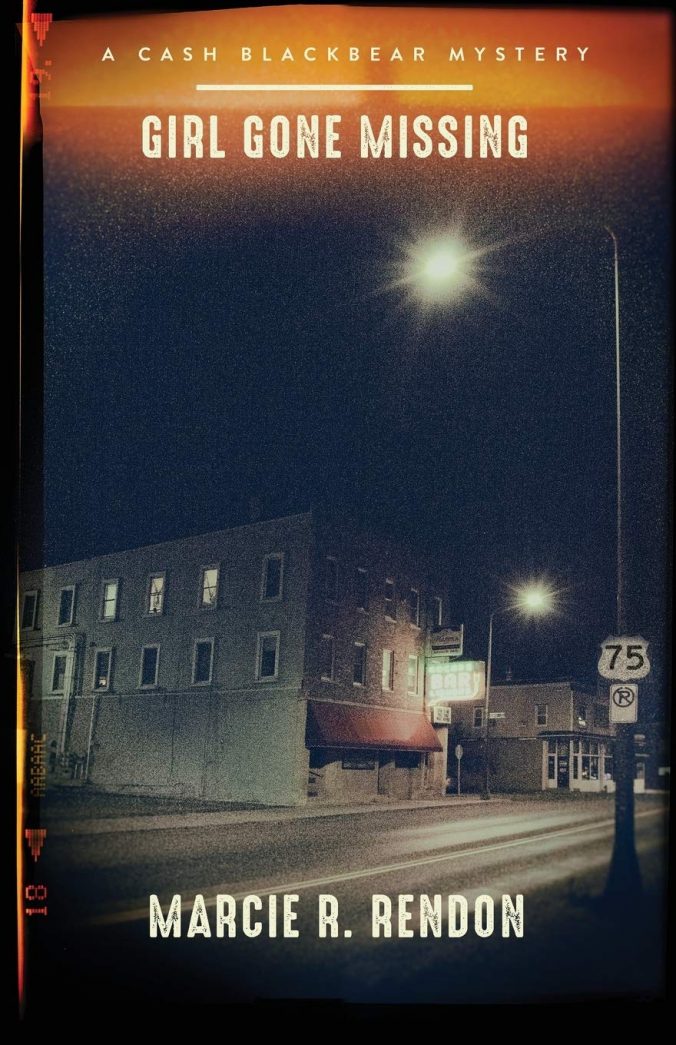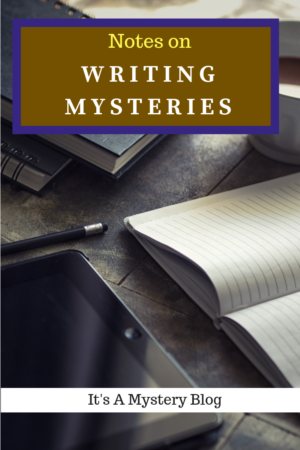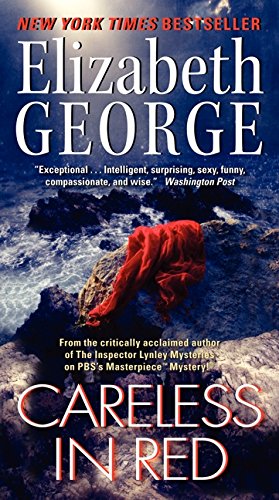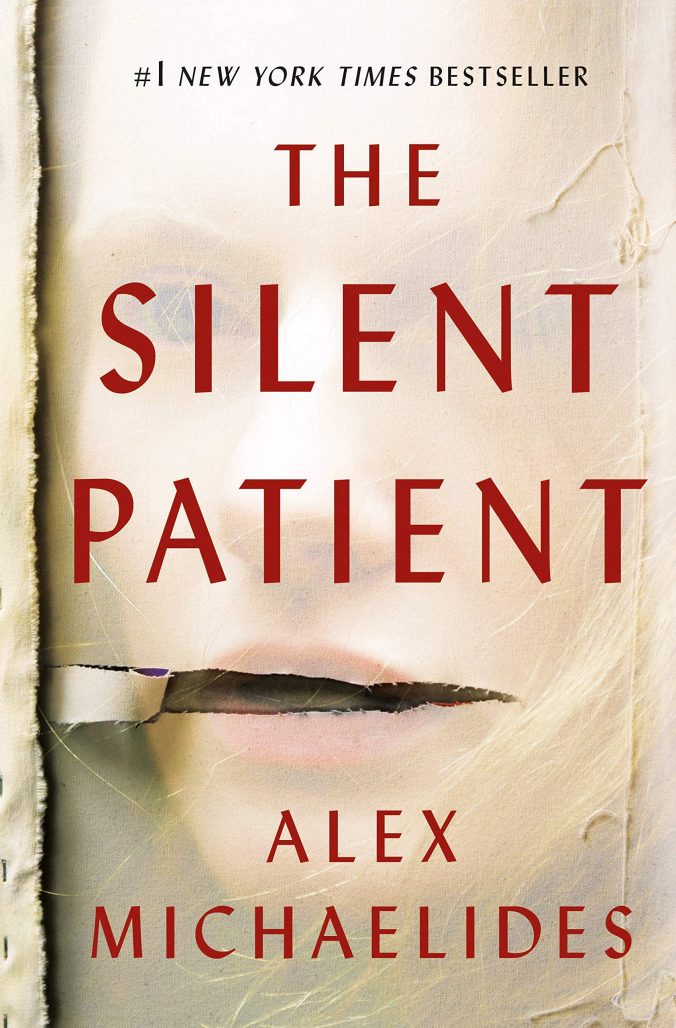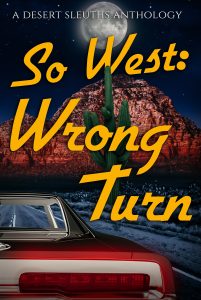With the huge popularity of true crime — particularly true crime podcasts– it isn’t surprising that authors would want to explore the genre in their fiction. For example, I already wrote about how a true crime podcast drives the action in the novel Conviction by Denise Mina (previous post). Today let’s take a look at a novel that takes things a step further, True Crime Story: What Happens to All the Girls Who Go Missing? by Joseph Knox. The paperback is coming out on December 7, 2021.
The first chapter starts with a black and white photograph of a young woman and the words:
In the early hours of Saturday, December 17, 2011, Zoe Nolan, a nineteen-year-old University of Manchester student, walked out of a party taking place in the shared accommodation where she had been living for three months.
She was never seen again.
Seven years later writer Evelyn Mitchell becomes interested in “What Happens to All the Girls Who Go Missing?” and starts investigating Zoe’s disappearance. What she discovers unfolds through a series of interviews with the Zoe’s friends and relatives, plus emails, police reports, letters, etc.
Although the central question of what happened to Zoe is a compelling one, readers might find other questions on their minds, such as, “What is the author up to?”
Fiction or Nonfiction?
For a reader who picks up the novel cold, whether this is really true crime (nonfiction) is unclear. Part of the confusion occurs because the author, Joseph Knox, inserts himself as a character, an author who helps Evelyn with her investigation and her writing. But all may not be as it seems. On the first page is a note from the publisher for the “amended second edition.” It implies Knox is not reliable and there has been a scandal, although the details are muddy.
It isn’t a spoiler to reveal that this novel is entirely fiction impersonating nonfiction. Even the note from the publisher is fiction.
Why did the author choose to create a fictional true crime novel? Perhaps Knox gives the answer on page 377 in the paperback version:
At such times, I remember why fiction is so often preferable to fact.
Homage to True Crime or Satire?
Joseph Knox put an incredible amount of work into this novel. He created interviews with multiple characters plus emails, plus a subplot of the interaction between the character Joseph Knox and Evelyn, the writer. With the details and amount of time he put into it, one might guess the novel is a homage to the genre. However, an homage should lift up the genre, to show it at its finest, and that’s not the case. He sticks to the dry style of straightforward nonfiction.
If you look up “mimic” in the thesaurus, you will also find the words lampoon, parody, spoof. By mimicking true crime, Knox is likely poking fun at it. But again, it isn’t entirely clear. If that is the case, you’d expect more tongue-in-cheek, more tearing down of the genre, more over-the-top bits. If the intention is pure satire, then it is subtle enough that at least some readers missed it, a fact that becomes obvious when reading reviews.
Perhaps The Times has come the closest with the suggestion Knox both celebrates and satirizes the genre.
Conclusions
What the novel does really well is explore how authors investigating a crime — getting caught up in it — can color not only what they write, but also what happens. In this case Evelyn actually causes the ending. She is an active part of the story. On the other hand, the Joseph Knox character uses his position to conceal his own involvement in a death. All in all it becomes metafiction at its weirdest and best.
How you respond to this novel will depend on you and your expectations. If you are looking for something entirely new and different, if you really like fiction, then this is the book for you. You will be one of those many readers who give it 4 and 5 star reviews.
On the other hand, if you are a diehard fan of true crime and like your nonfiction unadulterated, then you might wonder why Joseph Knox didn’t put all his time and considerable talent into writing a novel that suspends disbelief, rather one than causes it.
Overall, I recommend giving True Crime Story a chance because if nothing else, it raises questions that will likely stick with you long after you read it. Isn’t that the best kind of novel?
True Crime Story: What Happens to All the Girls Who Go Missing? by Joseph Knox


Disclosure: Book reviewed was an Advance Reader’s Edition. Also, I am an affiliate with Amazon so I can provide you with cover images and links to more information about books and products. As you probably are aware, if you click through the highlighted title link and purchase a product, I will receive a very small commission, at no extra cost to you. Any proceeds help defray the costs of hosting and maintaining this website.
